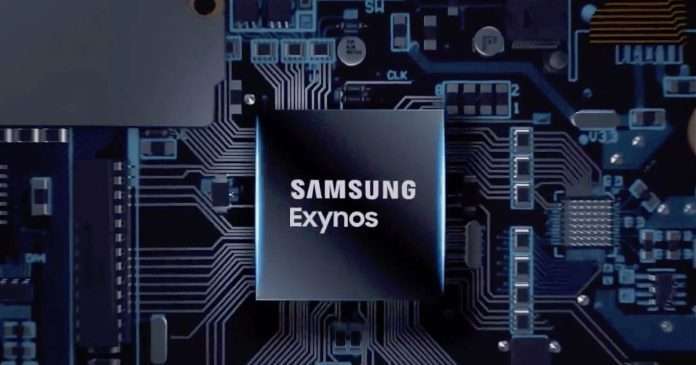Samsung would be on the verge of dismissing the case after years of keeping his Exynos processors afloat. We understand that an internal team would have been in charge of producing smartphone processors that would be an alternative to the Korean conglomerate’s present solutions.

Is Samsung planning to discontinue Exynos chip manufacture and integration into its high-end smartphones? The question is becoming more serious. While persistent reports have hinted for months that Samsung is poised to cut expenses in this area, fresh information indicates to validate, at least in part, this persistent notion. To describe it accurately, you must go into (a little) depth about Samsung’s many internal branches.
According to Android Police, the Mobile eXperience division (MX) manufactures the Korean behemoth handsets, while the System LSI section designs the Exynos CPUs. So far, MX and System LSI have collaborated closely to incorporate the Exynos SoC into a wide range of mobile devices, including several Galaxy smartphones. If we believe The Elect’s industry sources, this will change very soon.
Exynos: Samsung Could Change His Approach
The Elect states that the MX department has developed a new team to produce System LSI processors for independent handsets. The plan would be to create SoCs dedicated solely to the smartphone market, while Exynos processors, both present and future, would be reallocated to other sectors ( such as the automotive sector, IoT or wearable).
To oversee this new team tied to the MX business, Samsung would also rely on Won-Joon Choi, a former Qualcomm executive who joined the Korean firm in 2016. According to Android Police, the applicant has notably supervised R&D on flags by Samsung as well as the Technology Strategy team since then.
Read Also : The Bes Xiaomi Phone this Year 2022
It remains to be known what the Galaxy S23 will bring. According to leaks, Samsung’s next flagship will be exclusively equipped with Qualcomm chips, while some have speculated that he would continue to be equipped with Exynos processors in part.
It’s difficult to see clearly at the moment, especially because Samsung declined to comment on The Elect’s findings, but it appears that the company is well on its way to introducing CPUs for smartphones that are significantly more competitive within a few years. In the meanwhile, it would not be shocking if Samsung and Qualcomm’s collaboration grew stronger.


